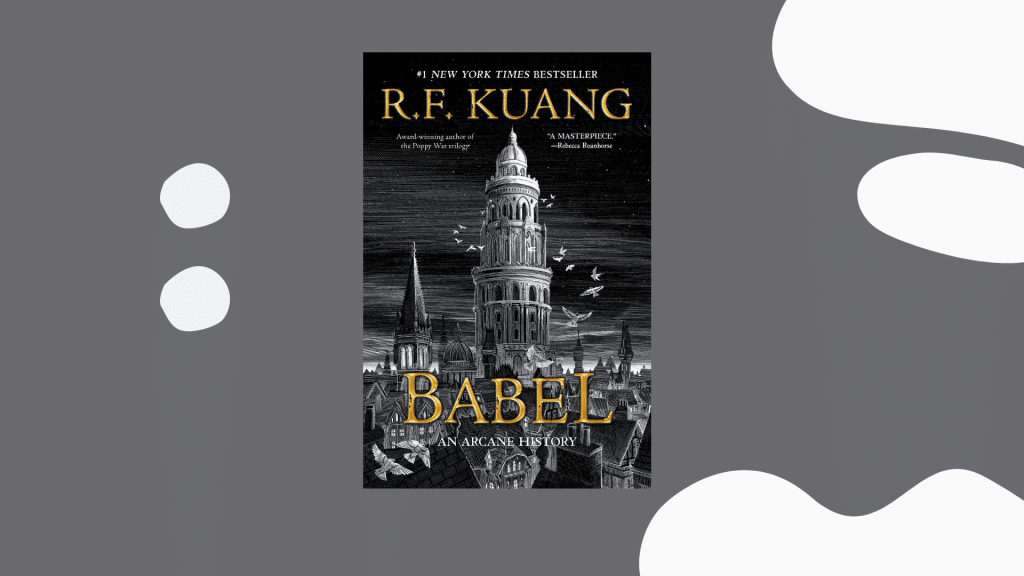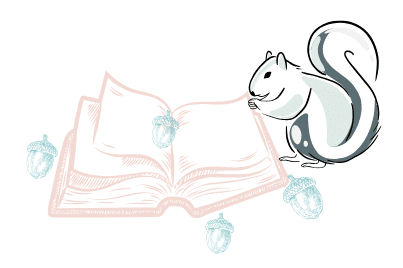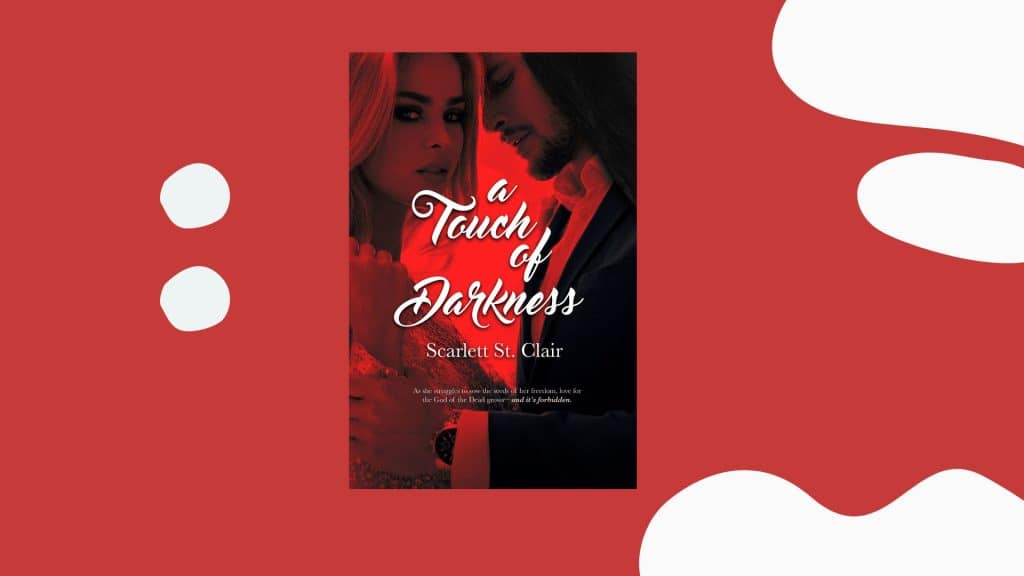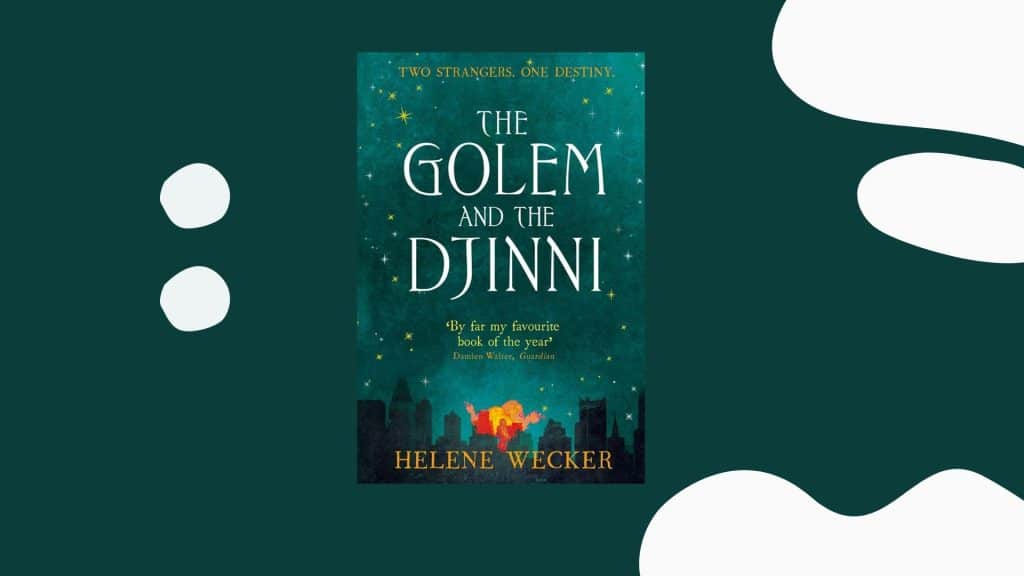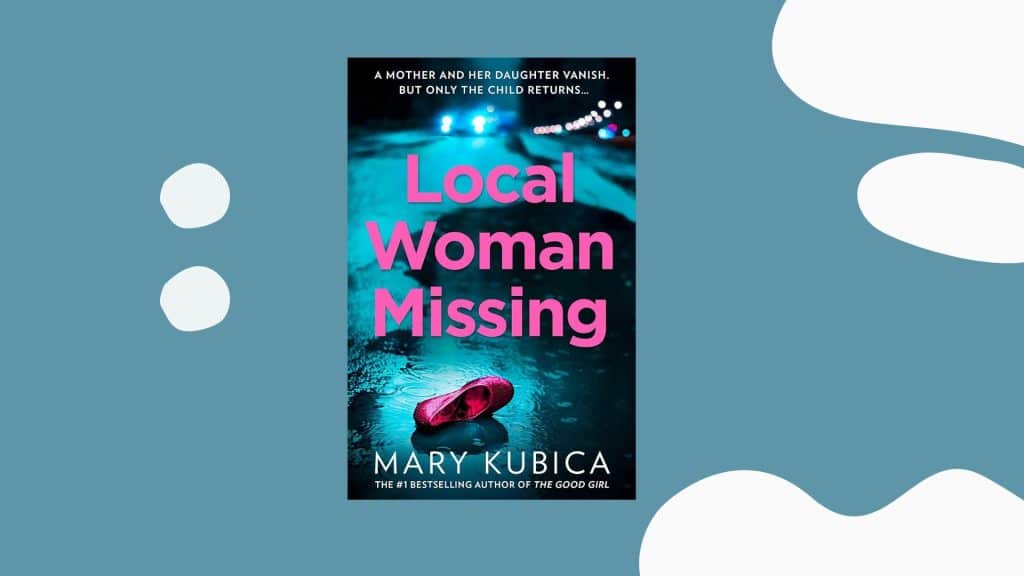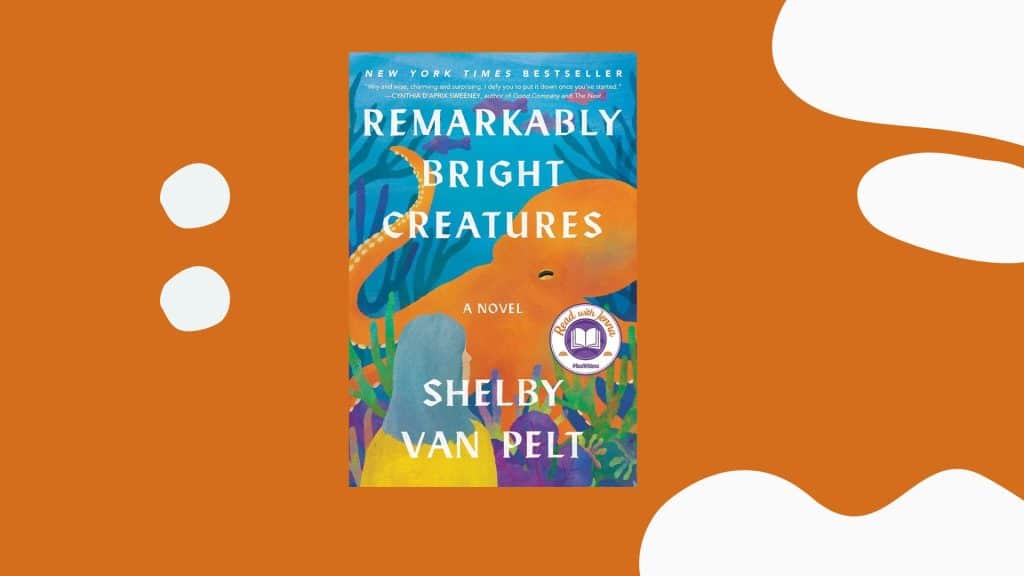“This is how colonialism works. It convinces us that the fallout from resistance is entirely our fault, that the immoral choice is resistance itself rather than the circumstances that demanded it.” ― R.F. Kuang, Babel
Babel by R.F. Kuang is a unique and thought-provoking fantasy novel that focuses on the power of language and its connection to magic. The story is set in an alternate version of 19th-century England, where magic exists through the translation of languages.
The main character, Robin Swift, is sent to Babel, a prestigious university where scholars learn how to use language to wield magical powers. As Robin becomes more involved in Babel, he begins to question his role in a world full of injustice, colonialism, and power struggles.
The book combines historical events with fantasy elements, making it a captivating read for anyone who loves stories about magic, identity, and the complex nature of language. Babel is a journey through personal growth, moral dilemmas, and the consequences of using power in the wrong way.
Plot Summary
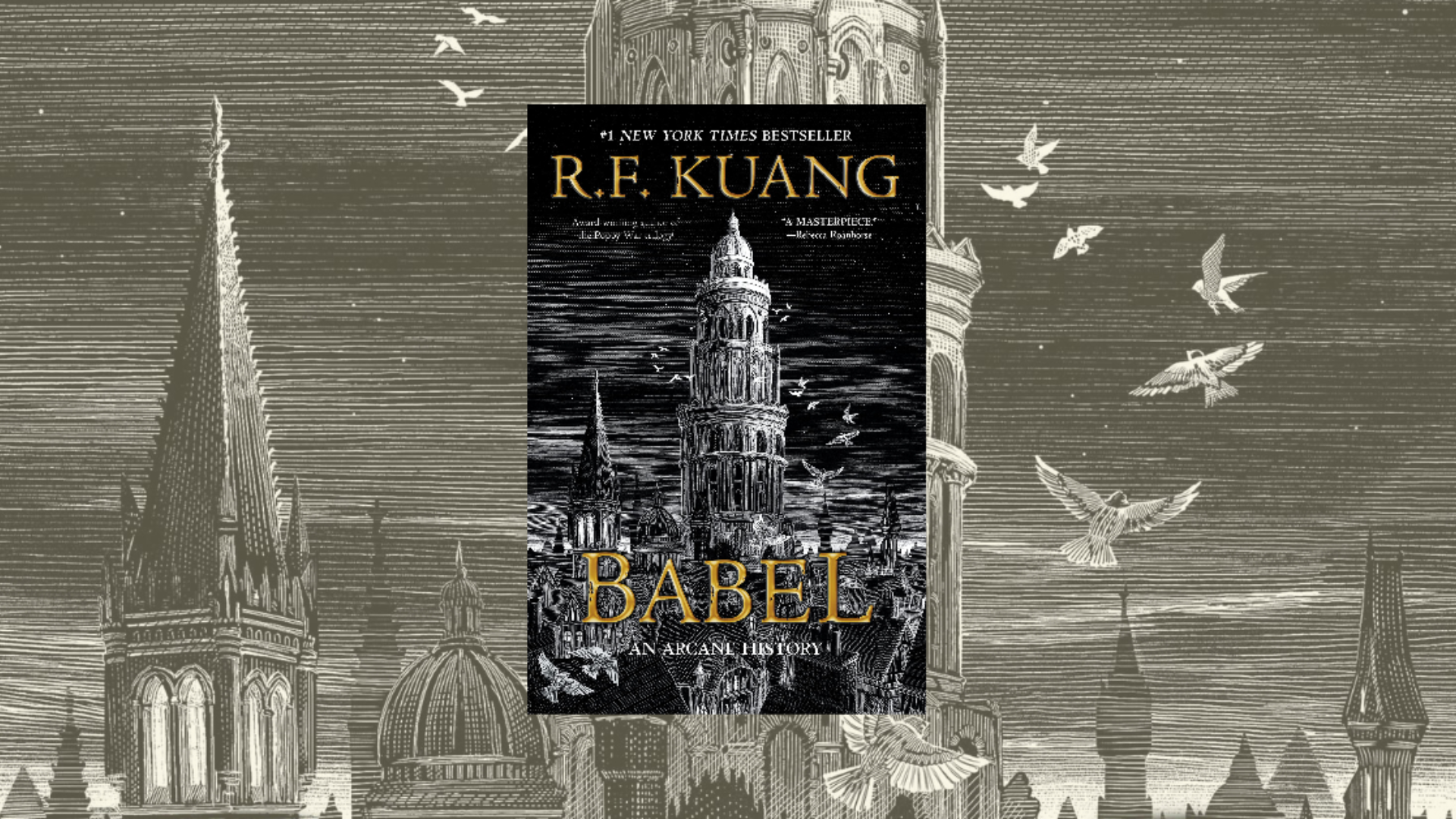
Babel is set in an alternate version of 19th-century England, where magic exists through language. The story follows Robin Swift, a young boy from China, who is brought to England after his mother’s death. The prestigious University of Oxford chooses him to attend its secretive translation school, Babel.
At Babel, students are trained in the art of translating and using languages to perform magic. The more languages a person knows and can translate, the stronger their magical abilities become. Robin is accepted into this world, where he learns to use translation as a tool for power.
However, as Robin gets deeper into Babel, he begins to realize the darker side of the magic and the way the British Empire uses language to control and exploit other countries. While Robin struggles with his place in this system, he starts to uncover the harmful effects of Babel’s magic, which is tied to colonialism and the exploitation of non-English people.
As he becomes more aware of the injustice around him, Robin finds himself at a crossroads. Should he continue to use his magical abilities for the empire, or should he fight against the very system that made him who he is?
The book follows Robin’s personal journey as he wrestles with his identity, loyalty, and the cost of power. Along the way, Robin forms relationships with other students, including the strong-willed, passionate students of color who see Babel’s magic in a different light.
Together, they begin to plan a rebellion, but Robin must decide where his true loyalties lie and what he’s willing to risk for the greater good.
Babel is a story about language, power, identity, and the fight against oppressive systems. It combines historical events with fantasy magic, showing how the consequences of power can affect individuals and entire societies.
What Genre is Babel by R.F. Kuang?
“Translation means doing violence upon the original, means warping and distorting it for foreign, unintended eyes. So then where does that leave us? How can we conclude, except by acknowledging that an act of translation is then necessarily always an act of betrayal?” ― R.F. Kuang, Babel
Babel by R.F. Kuang is a mix of several genres, making it a unique and fascinating read for many different types of readers. Here’s a breakdown of the main genres in the book:
1. Fantasy: Babel is a fantasy novel. The magic in the book revolves around language, with translators using their knowledge of languages to perform powerful spells. The concept of language-based magic sets the book apart.
2. Historical Fiction: Babel is also a historical fiction novel set in an alternate version of 19th-century England. It weaves real historical events, such as British colonialism, into the story, giving readers a sense of how the world operated then.
3. Dark Academia: The book fits into the dark academia genre, which often involves stories set in universities or schools with a focus on learning, knowledge, and intellectualism. Babel takes place at the prestigious Babel Institute at Oxford University, where students learn magic through translation.
4. Political Fantasy: The book critiques the way language and knowledge are used to control and oppress others, especially those from colonized countries.
So, Babel combines elements of fantasy, historical fiction, dark academia, and political fantasy to create a story that is both magical and thought-provoking. It’s perfect for readers who enjoy complex themes, intricate world-building, and rich, layered narratives.
Ratings and Reviews of Babel by R.F. Kuang
Babel has received a lot of attention and praise from readers for its deep themes, unique magic system, and powerful storytelling. Here’s a look at its ratings and what readers are saying:
Rating
Babel has an impressive 4.38 stars on Goodreads, based on over 50,000 ratings. This high rating shows that many readers have enjoyed the book and found it both captivating and thought-provoking.
Reviews
- “An absolutely brilliant book. The blend of fantasy, history, and social commentary is incredible. The characters are complex, and the themes of language and power will make you think long after you’ve finished.”
- “R.F. Kuang has created a dark and beautiful world that challenges the way we think about language, identity, and colonialism. Babel is a must-read for anyone who loves complex, layered stories.”
- “This book is a masterpiece. The magic system based on language is so unique, and the story had me hooked from the first page. It’s a perfect mix of fantasy and historical fiction.”
- “R.F. Kuang’s writing is exceptional. The characters are so real and relatable, and the way she talks about power and colonialism is thought-provoking. I couldn’t put it down.”
Overall, Babel is a highly praised novel for its deep themes, unique magic, and strong characters. If you love books that make you think and challenge ideas about power, language, and identity, Babel is a must-read.
Who Should Read Babel by R.F. Kuang?
Babel is a perfect read for anyone who enjoys complex, thought-provoking stories that blend magic, history, and social commentary. If you like fantasy books with unique and original magic systems, you’ll love the way Babel shows the power of language and translation as a form of magic.
Readers who are into dark academia will also find this book appealing. It takes place in a prestigious university and follows themes of knowledge, power, and intellectual struggles.
However, because of its heavy themes, slow pacing, and intellectual depth, this book may not be for those who prefer lighter, faster-paced fantasy stories. If you enjoy fantasy with deeper meanings and a more reflective tone, Babel is a must-read!
Similar Books If You Liked Babel by R.F. Kuang
If you loved Babel and are looking for more books with similar themes of magic, power, and moral complexity, here are some great recommendations:
1. The Poppy War by R.F. Kuang
2. The Secret History by Donna Tartt
3. The Invisible Life of Addie LaRue by V.E. Schwab
4. The City We Became by N.K. Jemisin
5. The Night Circus by Erin Morgenstern
6. The Broken Earth Trilogy by N.K. Jemisin
7. A Song of Wraiths and Ruin by Roseanne A. Brown
8. The Priory of the Orange Tree by Samantha Shannon
These books all share themes of magic, history, complex characters, and societal issues, making them great options if you love Babel and want to read more thought-provoking fantasy stories.
Conclusion
Babel by R.F. Kuang is a unique and thought-provoking fantasy novel that strongly combines language, magic, and social commentary.
The story’s exploration of colonialism, power, and identity, set within the walls of a prestigious university, creates a rich and complex world that challenges readers to think deeply about the consequences of power and knowledge.
Robin’s journey of self-discovery and his moral struggles make him a compelling character, while the magic system based on language adds a fresh twist to traditional fantasy.
If you enjoy stories with complex characters, intellectual themes, and a mix of historical elements and fantasy, Babel is an unforgettable read. It leaves a lasting impact, encouraging readers to question how language and power shape our world.
About the Author
R.F. Kuang is a highly acclaimed author known for her captivating and thought-provoking fantasy novels. Born in China and raised in the United States, Kuang’s work often has themes of history, power, identity, and the consequences of war.
She is best known for her The Poppy War trilogy, which draws heavily on Chinese history and mythology. It blends dark fantasy with gritty, emotional storytelling. Her writing often highlights complex moral questions and the toll that power can take on individuals and societies.
A graduate of Georgetown University and the University of Cambridge, R.F. Kuang has quickly become one of the most prominent voices in modern fantasy. She is known for her intelligence, creativity, and emotional depth in her stories.
Frequently Asked Questions
Is Babel suitable for younger readers?
Babel deals with heavy themes like colonialism and power, so it is best suited for older teens and adults.
Is Babel part of R.F. Kuang’s The Poppy War series?
No, Babel is a separate book from The Poppy War trilogy. However, both books share R.F. Kuang’s signature style, with deep character development and themes of power, war, and morality.
Does Babel have a happy ending?
Babel ends with a thought-provoking and powerful conclusion, but not necessarily a “happy” ending. It raises important questions about the characters’ choices and the consequences of their actions.


